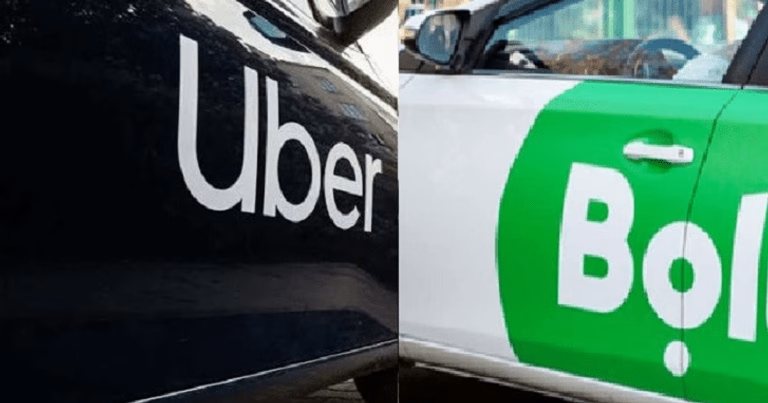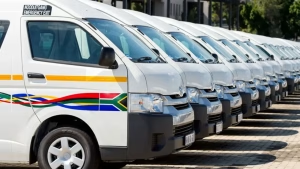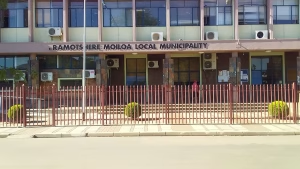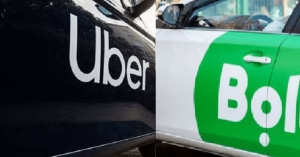
South Africa’s new National Land Transport Amendment (NLTA) Act is being sold as a step toward order in the e-hailing industry, but let’s be honest: it looks more like another layer of control and revenue collection than true protection for drivers and passengers.
From Friday, e-hailing drivers will need official operating licences that lock them into specific areas. They must have Professional Driving Permits, panic buttons in their cars, updated profile pictures, and criminal checks. Even the apps themselves — Bolt, Uber, InDrive and the rest — must be officially registered, or else face fines of up to R100,000.
On paper, this sounds neat and safe. But here’s the problem: South Africa already has laws for road safety, background checks, and vehicle fitness. Why not enforce those properly before creating an expensive new system that will almost certainly make it harder for drivers to earn a living?
E-hailing drivers are already squeezed by high fuel prices, ridiculous commission fees from platforms, and constant threats of violence from taxi associations. Now government wants to add new hoops for them to jump through — hoops that will cost money and time. If anything, this law may push more drivers out of the system or force them underground, making them even more vulnerable.
Let’s not pretend the panic button requirement is groundbreaking either. When a driver is surrounded by armed attackers in Soweto or Durban, will pressing a button really save them? Or is this just a feel-good feature that sounds protective but doesn’t tackle the real issue: the war between e-hailing operators and taxis?
The reality is, taxi violence has been raging for decades, and no fancy new operating licence will change that. What this law does is protect the government’s regulatory interests, not the drivers. Instead of empowering drivers with lower platform fees, stricter policing of violent attacks, and actual support, we’re slapping them with more bureaucracy and threats of jail time.
This is why the NLTA feels less like a solution and more like a money grab disguised as regulation. The taxi industry has always had political weight, and the state seems more interested in keeping them calm than in protecting the young people who turn to e-hailing to make an honest living.
South Africans should be asking: is this really about safety, or is it just another way for government to profit off the struggles of ordinary workers trying to survive?






